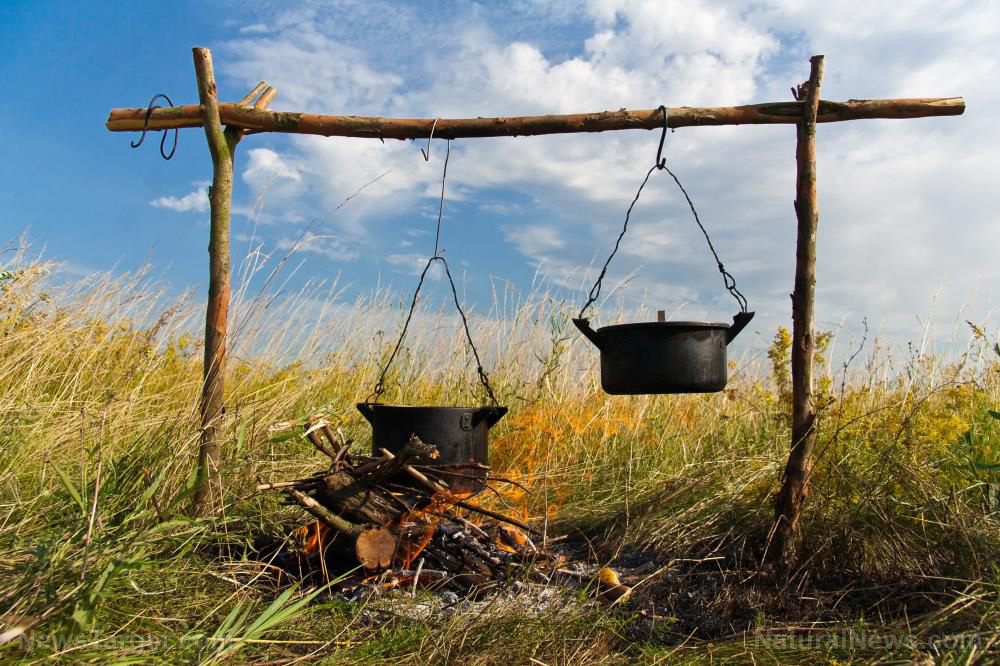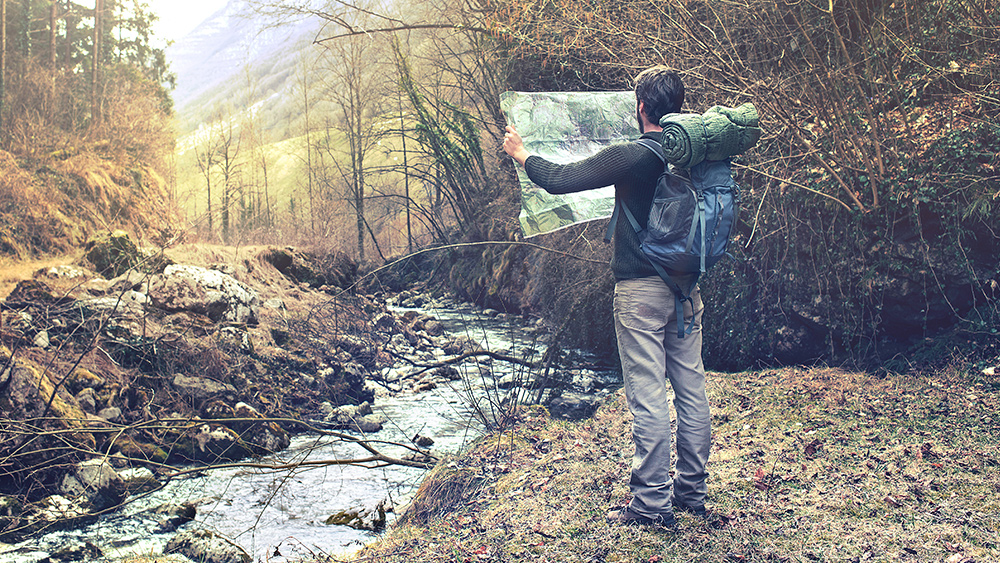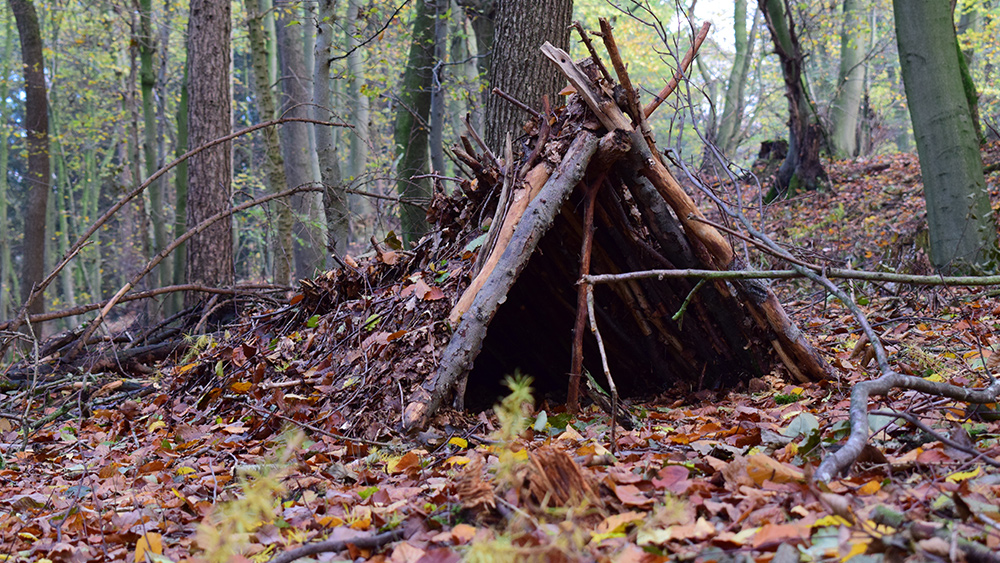
Complacency is a prepper's greatest enemy, and its secret accomplice is procrastination. Before a disaster even hits, you should already be preparing for every possible scenario. If you want to survive when SHTF, here are a few things you should start doing before the crisis even happens. (h/t to ModernSurvivalBlog.com.)
Keep a balanced outlook
It is important to keep a positive attitude during a survival situation, but at the same time, blind optimism can sometimes be just as dangerous as giving into despair. Believing that everything will turn out alright without taking the proper precautions is only a recipe for trouble. What you need is a realistic take on the situation, so that you know what to expect. Be prepared for hurricanes by stocking up on food and medicine. Familiarize yourself with evacuation points in case of natural or man-made disasters. Practice emergency drills for fires and earthquakes. If you think the power grid might fail, prepare a backup power source. (Related: Tips to prepare for a nationwide power grid failure.)
Secure your finances
In case of an economic collapse, the cash you have on hand might be all that you have left, as it is unlikely that you will be able to make any withdrawals from your deposit account. Banks might get shut down. The entire financial system might go into a meltdown. Inflation might only get worse. Have some emergency funds stored away, just in case. You can also expect a barter economy to rise in the wake of the financial collapse. In this case, you could greatly benefit from stocking up on useful and durable items you that you can either use for yourself or trade away in exchange for emergency supplies.
Have an emergency plan in mind
You should have a well-stocked bug out bag that contains enough supplies to last you a minimum of 72 hours. A high-quality backpack would make for an ideal bug out bag. If a disaster forces you to evacuate, you will also need a place to go. Do you have a bug out location? A home away from home where you can safely wait out the crisis until everything returns to normal? If it is in an obvious location, it should be well-fortified, otherwise you might have difficulty fighting off desperate people with plans of taking over your property. If the location is hidden, make sure that only you and the select people you trust know how to find it.
Learn a variety of useful skills
There are plenty of survival skills that you can learn and practice in your everyday life. These skills might even come in handy in the right situation. Some of these useful skills include basic first aid, cooking on an open flame, firestarting with only raw materials, gardening, hunting, fishing, trapping, foraging, skinning, and butchering. You can also learn how to identify wild plants that are edible or can be used as natural remedies. Additionally, you can try to learn how to build or repair simple objects. This can even help you save money when anything gets broken.
Stock up on useful items and emergency supplies
Aside from your bug out bag, you should also have plenty of food and medicine. Another thing to keep in mind is having access to a reliable supply of drinking water. It is recommended to store at least a month's worth of food and water. Other items you might want to stock up on include survival knives, off-grid cooking equipment, first aid kits, flashlights, matches or lighters, solar chargers, and fishing and hunting gear.
Try placing yourself in situations where you only rely on yourself
You can go hunting, fishing, or camping. You can even try living off the grid temporarily. Consider this a practice run of an actual survival situation.
If you want to learn more tips on how to stay prepared before SHTF, you can read more articles by going to Preparedness.news.
Sources include:
Please contact us for more information.





















